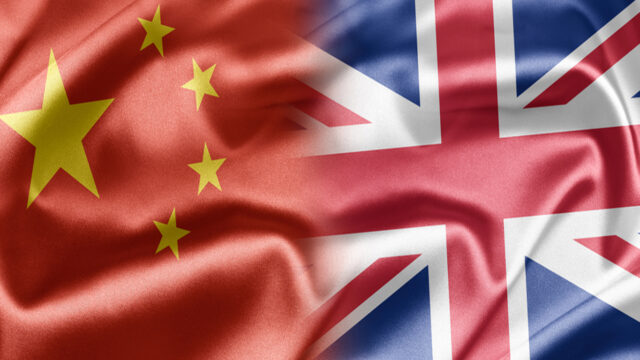The role of economics in political dynamics can not be under estimated. Recently, China has been in the news owing to positive as well as negative reasons. However, its economic might continues to dominate relationships with other countries. Britain’s Prime Minister Boris Johnson in his address to the House of Commons explicitly stated the dangers of non-alliance with China. He spelt out on Tuesday that an idea of a Cold War with China would result in big challenges for the British economy.
This came as a response to the talks about a new Cold War brewing between the United States and China. UK Prime Minister Johnson spoke of how it was necessary to work with China on issues that was consistent with mutual interests and values. He highlighted the dangers of isolating China in the current scenario as it would result in major challenges for the British economy.
China is being seen as a threat to the international system due to its ignorance of the norms as such. UK has condemned its approach in Hong Kong , Xinjiang and its systemic defiance as a whole. But its capacity of economic influence has not been over looked. In fact Prime Minister Johnson clearly indicated the need of demarcation of issues in dealing with China. He specified that the Chinese negligence of democratic spirit and human rights in instances like Hong Kong and Xinjiang were to be acknowledged but mere confining the country as a “systemic challenge” due to these were not feasible.
The British understanding of the Chinese position in the global dynamics speaks volumes of the economic struggles that the world is facing. In addition to that, the pandemic as well as Brexit poses additional burden for UK. Thus, a pragmatic approach can be expected in future. The Chinese behaviour too will further govern the reaction of the international community.









